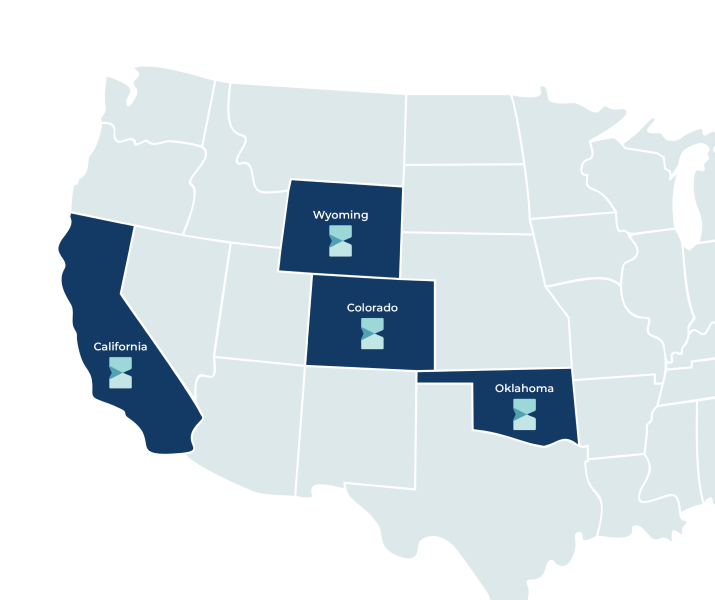
Can You Eat With Partial Dentures?
What are partial dentures, and why would you need them?
Partial dentures fill in the gaps where you have missing teeth lost to injury, decay, or extraction. Instead of replacing an entire row of teeth, partial dentures typically replace only three to four teeth on the top or bottom of your mouth. To get partial dentures, you must have enough healthy teeth around where the partial denture will be placed.
Whether partial or full, dentures are among the most common dental restorative options available today. The American College of Prosthodontists estimates that roughly 15 percent of those without teeth receive dentures yearly.
While partial dentures can serve cosmetic purposes by completing your smile, they also greatly enhance your oral health. When you lose a tooth, your healthy teeth may shift out of position, making chewing and speaking difficult. A partial denture maintains the alignment of your teeth. And when all your teeth are in the right place, you can easily talk and chew.
What you can (and can’t) eat with partial dentures
As with any dental apparatus, partial dentures will take some getting used to at first. During the adjustment period, try to eat certain foods that are less damaging to your partial dentures. Go slowly and give yourself time to become familiar with how the dentures feel and work in your mouth.
Eat soft foods: Smoothies, yogurt, mashed potatoes, soups, and bananas are good choices as you adjust to partial dentures.
Avoid hard foods: Hard, sticky foods that are difficult to chew could damage your new dentures and make eating a chore. Avoid hard candy, steak, gum, or hard fruits and vegetables.
Drink water: A glass of water with your meal will aid your chewing and swallowing. The liquid will also whisk away food particles that could cause tooth decay.
Caring for your partial dentures
Unlike fixed bridges or dental implants, partial dentures must be removed for cleaning. Although one study found only 39 percent of removable partial dentures were still in use after five years, you can extend the lifespan of yours with proper care.
Get the right toothbrush: Cleaning away food particles and bacteria will keep your dentures stain-free and prevent decay from spreading to your healthy teeth. Purchase a toothbrush specially designed for your dentures.
Get the right toothpaste: Regular toothpaste may be too abrasive for your dentures. Look for a brand made for dentures.
Get the right denture cleanser: Soaking your dentures in a denture cleanser will maintain their shape and color. Cleansers also prevent unwanted odors. Just be sure to rinse off the dentures before you put them back in your mouth.
Schedule an appointment with Espire Dental today!

Stop putting off your smile
Book your visit now—it’s easier than you think
Find your Espire location

